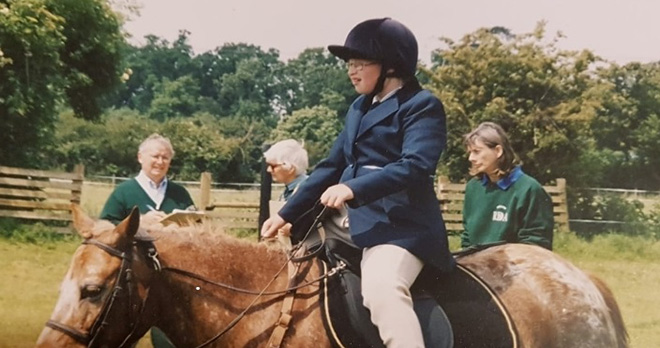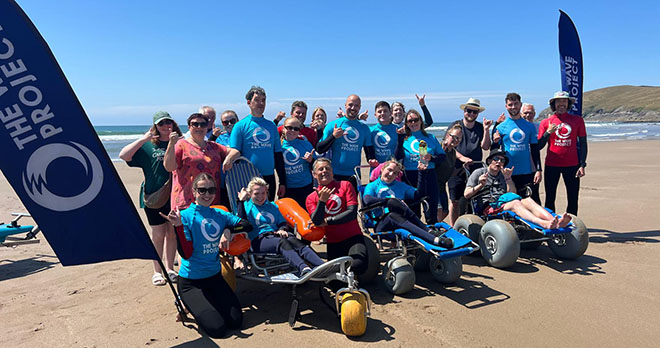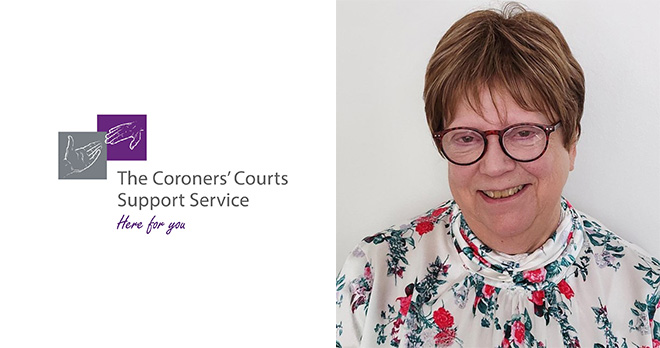How to fund specialist legal advice for an inquest or a claim

Becky Randel explains your options for funding legal support either for an inquest or fatal claim when a loved one dies.
Legal costs may put off people who are looking for legal support for an inquest hearing or to investigate a negligence claim. But in many cases having specialist representation for an inquest and a related claim can be arranged at no, or little, cost to a client.
Here we explain the potential ways in which an inquest or fatal claim can be funded. It provides general information but we always recommend speaking to someone directly, to ensure getting the best advice as each person’s individual circumstances are different.
Inquest and fatal claim funding
Legal Aid / Public funding
When a death has occurred in certain circumstances, families can use public funding to access legal representation at an inquest. This is known as Legal Aid or public funding. This may be available when a person has died in the care of the state, such as in prison, police custody, detention centre or whilst sectioned under the Mental Health Act.
Legal expenses insurance
When a client comes to us to ask to ask about legal representation, one of the first things that we check is whether they, or the person who died, had any insurance policies in place. This could be home insurance, car insurance, credit card insurance, or any others. Some policies provide for legal expenses, which can include payment for legal representation at an inquest or for pursuing a claim in negligence.
Many people do not realise this inclusion is part of their insurance policies, but it is important to check to be sure as this could mean legal representation will be paid by the insurer and the family will not have to pay anything. Legal expenses insurance can often cover the cost of specialist legal advice both for representation at an inquest and for a claim for negligence after someone has died.
Conditional Fee Agreement (CFA)
A ‘no win, no fee’ agreement, known as a Conditional Fee Agreement, is where a solicitor agrees to represent a family with no immediate cost to be paid. This means that if the case does not succeed then there are no legal costs to be paid.
If the claim for compensation succeeds, then a small percentage is deducted to cover the legal costs to reflect the risk taken by the firm in running the case with no guarantee of payment.
As inquests are an investigation and not a litigation process, no financial compensation is awarded at a hearing. However, we often agree to represent families at inquests under a ‘no win, no fee’ agreement if the family would like to pursue a claim after the inquest has finished (and if there are sufficient prospects of success to do so).
Pro bono
In some cases, solicitors and barristers may provide representation at an inquest for no cost, referred to as ‘pro bono’. This is best discussed with a solicitor and is often provided through charities or other organisations that can help.
Private funding
Where no other funding is available, families can fund legal representations themselves. For an inquest, solicitors can often offer ‘fixed fees’ so there is some certainty about what the representation will cost.
Contact our specialist inquest and fatal claims solicitors to find out more about how the inquest process works.
Call now
Read more from our Team Around the Client Magazine
View more articles related to Team Around the Client







